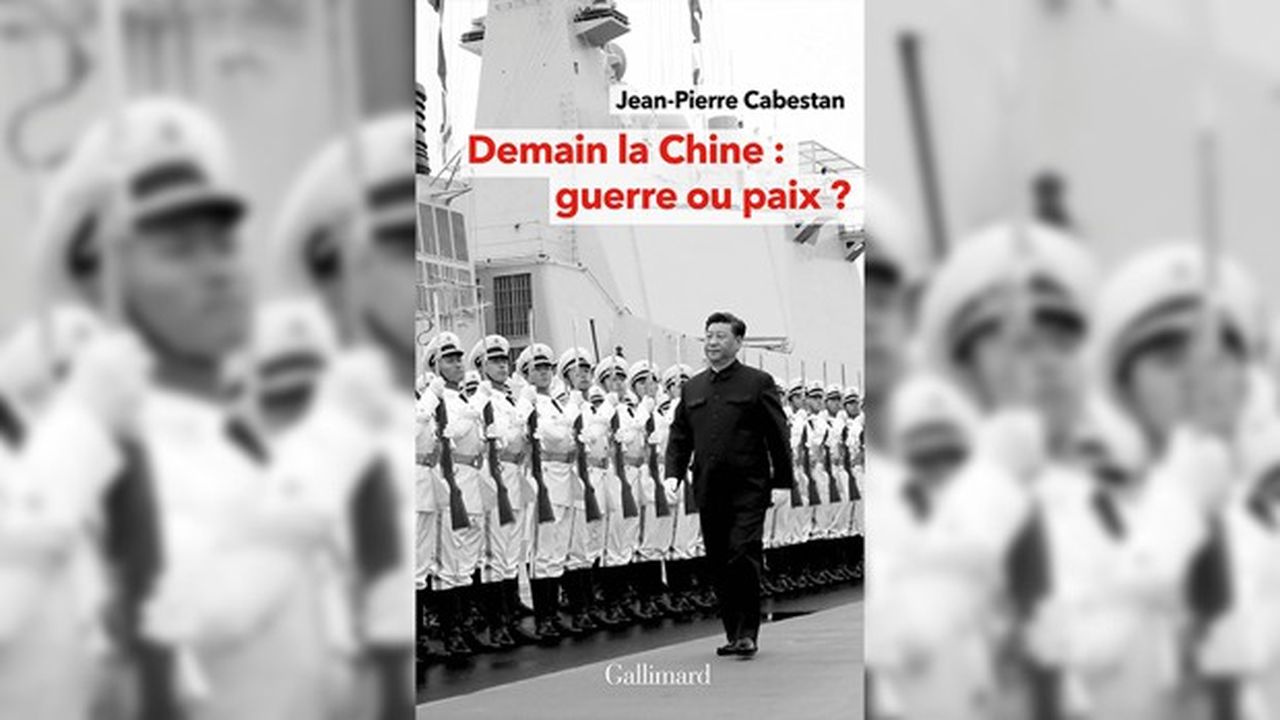Posted on Oct 1, 2021 at 10:00 AM
Will the United States and China fall into Thucydides’ trap, according to which the confrontation between the world’s largest power and an emerging rival power almost inevitably results in war? Political scientist Graham Allison popularized this concept in a bestseller published in 2017. Sinologist Jean-Pierre Cabestan makes it the starting point of a fascinating book in which he methodically draws up the risks of an armed conflict around Taiwan , the South China Sea and in the area of the Senkaku Islands or on the border between China and India. The author does not hide his growing concern about the ambitions of Xi Jinping’s China, which has accumulated “the most passion and powder”, characteristic of the pre-war periods. If the risks of incidents and military crises are real, Jean-Pierre Cabestan wants to believe that we are moving more towards a new “cold war” between two superpowers with too many common interests to venture into “a war. hot ”.
Passions and powder. “In many ways, in recent years, it is Xi Jinping’s China that has accumulated the most passion and powder. His will to power is obvious. Its nationalism is more and more picky and vengeful, especially with regard to Taiwan. Its foreign and security policy is more aggressive and domineering every day. And the modernization of its military apparatus, and in particular of its navy and its air force, dangerously reduces the gulf which separated the People’s Liberation Army (PLA) from the American armed forces. “
Taiwan. “The balance of power between the PLA and the American deployment in the Western Pacific is changing rapidly and for some is already to the advantage of the former. But for Beijing, the risks remain enormous, even insurmountable: failure of the operation first, possible nuclearization of the conflict then, difficult estimation of the international consequences of such an offensive, a challenge that finally presents the takeover of the island, its institutions, its economy and its people. “
“Gray areas”. “The People’s Republic has hitherto used, not without brio, what are called the ‘gray areas’ between war and peace, to defend its interests and increase its advantage. Pressure, intimidation, harassment, showdowns, taking advantage of the slightest weakness or hesitation on the part of the opposing party, these are the methods favored by the Chinese government, whether under Hu Jintao or since Xi Jinping came to power. . “
China tomorrow: war or peace?
Trial
By Jean-Pierre Cabestan, Gallimard, 279 pages, 22 euros.
—


